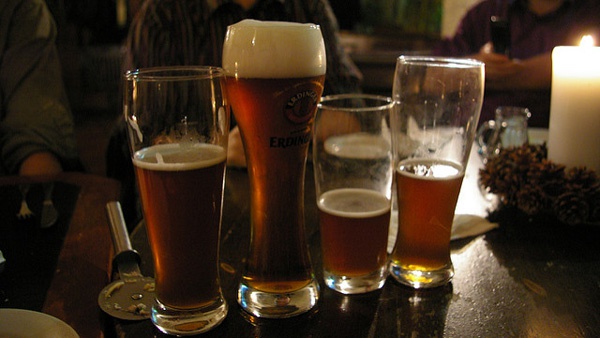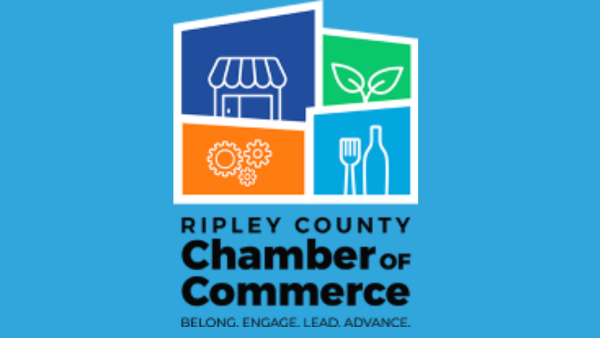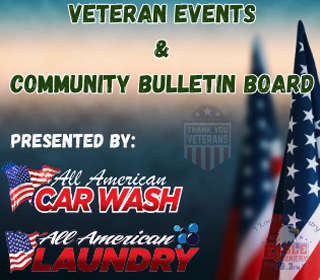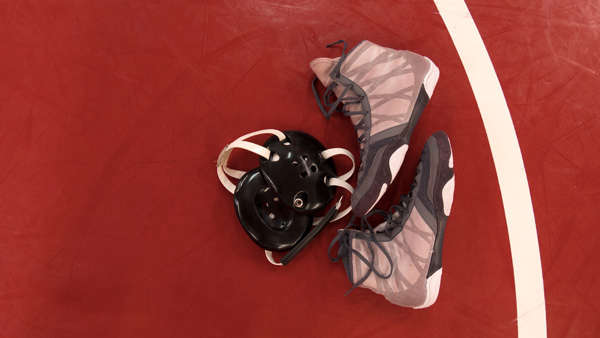An IUPUI study shows the earlier someone starts engaging in binge drinking, the more likely he or she is to suffer serious consequences.

(Indianapolis, Ind.) - From beer pong to quarters, binge drinking is a social norm on many college campuses.
However, researchers say it's a risk behavior that does not always end after graduation.
The study from Indiana University-Purdue University Indianapolis (IUPUI) examined data from 10 Indiana counties identified as high risk for underage drinking or prescription drug abuse.
And researcher Marion Green points out that when looking at 18 to 25-year-olds, binge drinking increased after they turned 21, rather than subsiding as previously believed.
"The earlier someone starts engaging in binge drinking or substance use, also the longer they use, the more likely they are that serious consequences will develop," she explains. "That can include a higher risk of developing addiction. Also, morbidity and mortality will increase."
For a man, binge drinking is considered five alcoholic beverages within a short period of time. For women, it is four.
And it's associated with many social and health problems including violence, unintentional injuries, sexually transmitted diseases and unplanned pregnancy.
The study also found 18 to 21-year-old college students were more prone to binge drinking than those not enrolled. However, getting married and having children reduced the risk of binge drinking.
Green says it appears that it's taking young adults longer to reach maturity and change their behaviors.
"Maybe because of a change in underlying social norms as more young people attend college and they delay the age at which they marry and start families," she states. "And maybe they want to feel financially stable before they do start a family."
Green is hopeful the research can be used to help better target prevention efforts for those of college age and younger.
"Help our youth to cope better with stressors because we have seen that stressors can be a risk factor for engaging in binge drinking," she adds. "And teach them life skills, coping skills, how to say 'no' when it comes to peers who may be drinking or using other substances."

 Gov. Mike Braun Awards Coach Curt Cignetti Indiana’s Highest Honor
Gov. Mike Braun Awards Coach Curt Cignetti Indiana’s Highest Honor
 Sen. Maxwell Welcomes Local Students to Statehouse as Senate Pages
Sen. Maxwell Welcomes Local Students to Statehouse as Senate Pages
 Liberty Theater Receives 18 "Best of Cincinnati" Nominations
Liberty Theater Receives 18 "Best of Cincinnati" Nominations
 Several Franklin Co. Roads Closed Due to Flooding
Several Franklin Co. Roads Closed Due to Flooding
 Sunman Woman Accused of Official Misconduct, Theft
Sunman Woman Accused of Official Misconduct, Theft
 Ripley Co. Chamber to Host Meet the Candidates Night
Ripley Co. Chamber to Host Meet the Candidates Night












